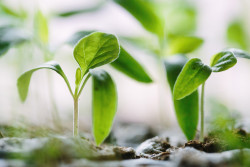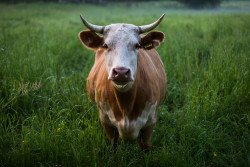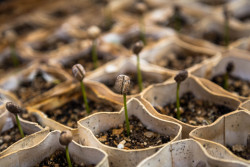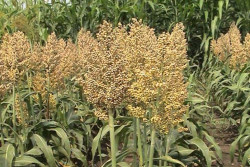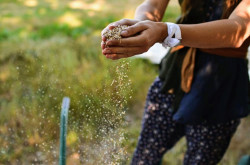Agriculture
Agriculture : A natural method for cultivating
Fulmina Institut - 6 years ago
AbstractThe objective of this presentation is to bring a technology and a know-how in the domain of agriculture; this will allow us to solve a series of problems that have become more acute and more present in the world production – as much in the quantitative domain as in the qualitative domain – while preserving the ancestral know-how in agriculture...
Micronizing Lyophilized Fruits to Extract Peptides
Fulmina Institut - 6 years ago
A complex of Fruit VitaminsAbstractThe Philippines, like many other Asian Countries, supplies a very large quantity of natural organic fruits that are NON GMOs. Unfortunately, these fruits are often abandoned because they cannot be transported in conditions that they will be conserved. A large proportion of the local population is also suffering from lack of jobs. Our project consists in...
Kanne Brottrunk
Fulmina Institut - 5 years ago
KANNE-BROTTRUNK®For Agriculture For Human For Environment For Animals For more information : Contact Fulmina Human Resources HereThe subject of agricultureAgriculture, the primary sector of our economies, lies above all in the empirical knowledge acquired by farmers all over the world.Since the Neolithic period, the first acts have been the domestication of plant and animal species most adapted to eco-systems for which development has been...
Eurasian Center for the Design of Breakthrough Yields Plant Varieties
Viktor Dragavtsev - 4 years ago
In the period 1984-2012 V. A. Dragovtsev created and developed the theory of the ecological and genetic organization of a quantitative trait (TEGOQT) and investigated 24 consequences from it, which revealed significant omissions in traditional systems of plant breeding for productivity and yield.
Soriz and Sorgreed
Dr. G. A. Moraru - 2 years ago
High effective hybrids of sorghum. Soriz is a new strain of sorghum grains mayor created in the former USSR in the 80s of last century the Research Institute for Maize and Sorghum in Moldova (RM), by crosses gradual plant sorghum (Sorghum) grain with grass Sudan and related species in Africa.
The nutritional and genetic role of ancestral seeds
Fulmina Institut - 1 year ago
Seeds are the origin of all biological life on Earth: their existence dates back long before the appearance of the first Neerdanthal man. In the oldest Sumerian stone-engraved texts of mankind, seeds are already cited as having existed for over 600,000 years. Excavations at some archaeological sites in Mesopotamia have revealed their existence for 60,000 years.

